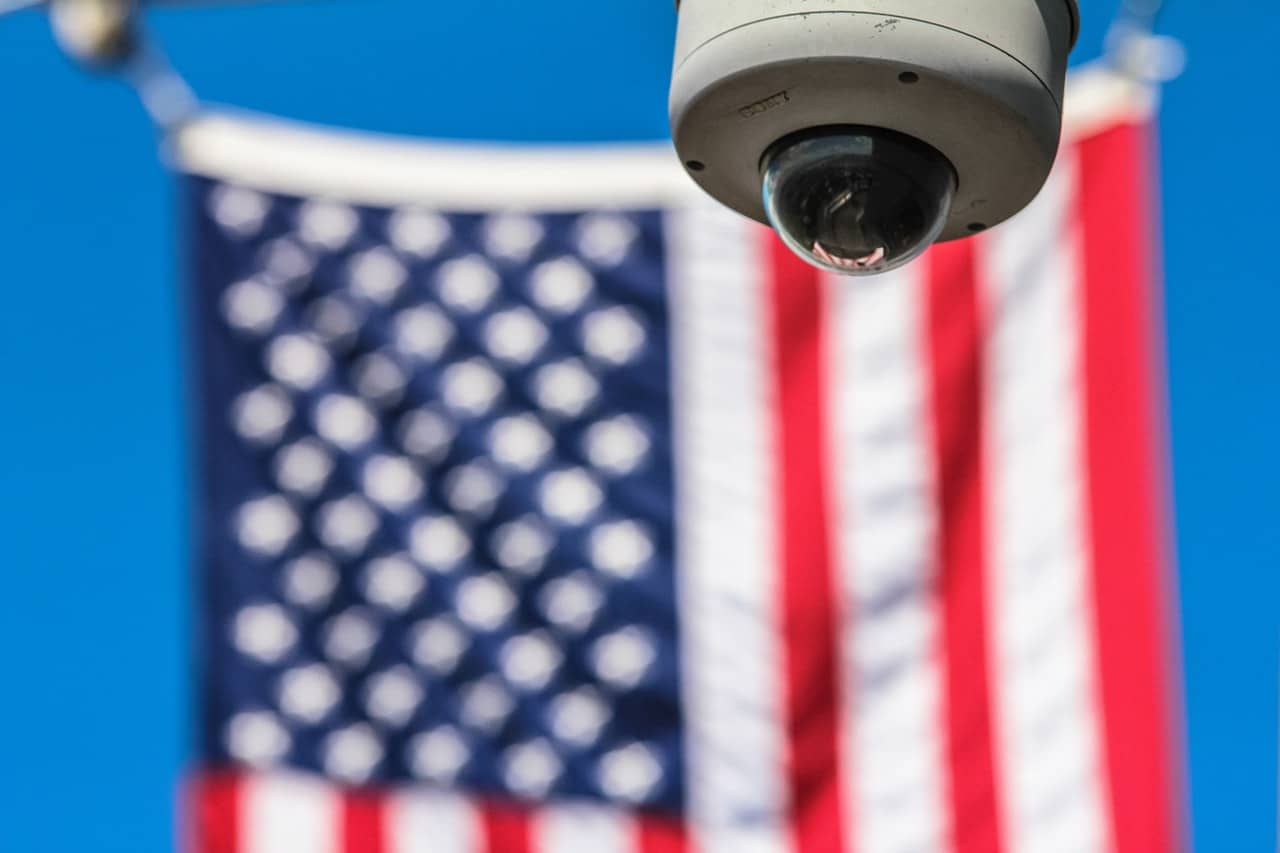What started out as a terror attack on unsuspecting Christmas party goers, which resulted in the deaths of 14 people and 22 injured, ended in a battle between two giants: one giant was the Federal Bureau of Investigations and the other was Apple. It eventually went to court, where a judge requested that Apple provide “reasonable technical assistance” to the United States government in cracking an iPhone owned by one of the terrorists, Syed Farook. Even with a magistrate breathing down Apple’s back, Tim Cook still refused, calling the judge’s request “chilling.” [pullquote]If it wasn’t for this case, would we have lost all our interest in privacy in return for safety?[/pullquote]
Eventually, the FBI canceled their court hearing which was meant to force Apple into rewriting its software, essentially creating a “master key” that would have given the Federal Government the ability to not only open Farook’s iPhone but millions of other customers’ iPhones as well. An unknown “third party” hacker stepped forward and offered to help crack the iPhone’s security. They were successful, using reverse engineering tools on Apple’s iOS to devise a solution and penetrate the protection in very little time.
The question that keeps bothering me is: Even with the hacker successfully cracking the iPhone, why did the FBI cancel the court hearing? Did Apple actually secretly agree to help in order to avoid a court battle? We may never know. What we do know is that even encrypted phones aren’t safe if the right person gets their hands on it.
How Safe Is Our Personal Data?
Honestly, it is hard to say whether or not our personal data is safe or not (just have a look at the Google Privacy agreement), or how safe it is or isn’t. But hard evidence has been provided to major news agencies around the world from various whistleblowers and leakers other than Edward Snowden that show big names such as Facebook, Google, and Yahoo are in cahoots with intelligence agencies around the world.
In a June 7, 2013 article by the Washington Post, they wrote: “The National Security Agency and the FBI are tapping directly into the central servers of nine leading U.S. Internet companies, extracting audio and video chats, photographs, emails, documents, and connection logs that enable analysts to track foreign targets, according to a top-secret document obtained by The Washington Post.”
The name of the program that allows agencies such as the NSA to extract what they want when they want, and how much they want is code-named PRISM. The Washington Post pointed out that the NSA is proud of its code breaking and is used to building partnerships with corporations, especially those in the business of gathering data, that actually assist in its diverting of both personal and business data traffic by allowing such agencies to “sidestep barriers.”
Since the birth of Facebook and Google, government agencies and even private companies have found a treasure trove of information in Silicon Valley.
IMAGE: PEXELS
“Extreme Surveillance” In The UK Shows People Have Lost Interest In Privacy
Last year, the UK passed sweeping regulations that allowed their police forces and security agencies to use hacking tools and other technology to snoop in on its citizens. The UK government use fear of Islamist terror to their advantage and found it easy to get their requests through Parliament.
Believing that they would have some opposition against their Investigatory Powers Act, which is “unmatched by any other country in western Europe or even the US,” UK law enforcement and intelligence agencies were rehearsed in their arguments. But, when it was all said and done, there wasn’t even the slightest voice raised against this absurd invasion of privacy.
It Isn’t Only Law Enforcement Peeking In On You
You’d be surprised at the vast amount of malicious software that is available on the web. If you were able to get into the right circles, it is quite simple to find hacking software that allows you to send someone a malicious link in an email or in a message sent through social media sites. These links, when clicked, activate the software and give hackers access to a swath of information such as documents, what keystrokes you make and even activate your webcam.
In 2013, a 20-year-old hacker by the name of Jared James Abrahams was arrested when he was able to hack the webcam of Miss Teen USA, using Blackshades Remote Access Tool, committing what police call “sextortion.” He received 18 months in prison for that stunt.
Abraham’s case sparked one of the world’s largest investigations which have led to the arrest of at least 97 other hackers who were using the same type of software.
For more privacy-related information and news here on Bit Rebels, click here!


COMMENTS